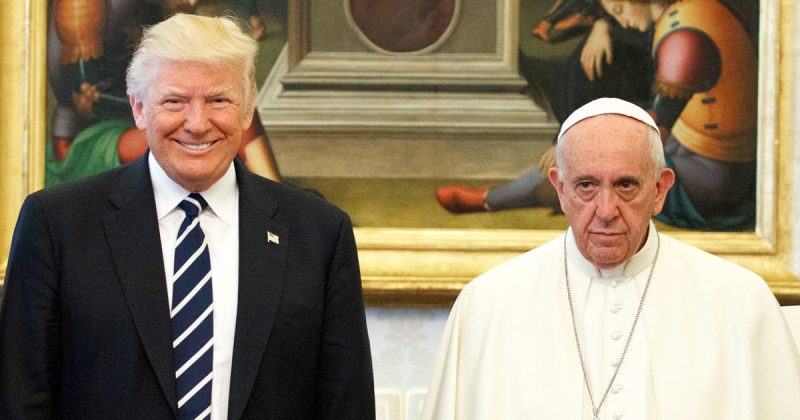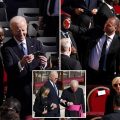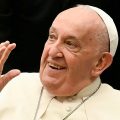
Pope Francis’ funeral, a significant event bringing together world leaders from across the globe, promises to be a complex and potentially contentious affair. The Vatican, preparing for an influx of dignitaries from 130 countries, anticipates a delicate balancing act in managing the inherent political tensions. The late Pope’s outspoken views on various global issues, including wars, the Israeli-Palestinian conflict, and even the immigration policies of certain nations, add another layer of complexity to the proceedings.
The presence of figures like President Donald Trump, whose relationship with the Pope was often strained, and Ukrainian President Volodymyr Zelenskyy, adds a significant political dimension. Their interactions and seating arrangements alone are sure to generate considerable speculation and potential for awkward encounters. Adding to the intrigue, initial Israeli messages of condolence were subsequently withdrawn, highlighting the lingering sensitivities surrounding the Pope’s comments on the October 2023 Hamas attack.
The Vatican’s unique status as both an ecclesiastical state and the center of the Catholic Church necessitates a careful approach to seating protocol. Argentina, the Pope’s birthplace, will understandably hold a prominent position, followed by Italy and reigning monarchs. Other heads of state will be arranged alphabetically (in French), leading to Donald Trump’s placement between Estonian and Finnish leaders. This proximity to potentially adversarial figures highlights the logistical challenges of managing international relations within the confines of St. Peter’s Basilica.
The role of apostolic nuncios, the papal ambassadors, becomes crucial in navigating these delicate situations and mitigating potential conflicts. Cardinal Christophe Pierre, the apostolic nuncio to the United States, will bear a particularly heavy responsibility in managing the American delegation and its interactions with other attendees. Vice President JD Vance’s recent comments, acknowledging past disagreements between Trump and the Pope while emphasizing the late Pope’s pastoral legacy, offer a glimpse into the potential challenges.
Beyond the official protocols, keen observers will be watching for less formal interactions. The exchanges between world leaders like Emmanuel Macron and Keir Starmer with Trump, and the dynamics within the European Union in the presence of Zelenskyy, will be closely scrutinized. Ultimately, while the funeral serves as a moment of mourning and remembrance, it also provides a unique stage for observing the complexities of global politics and the enduring legacy of a Pope who challenged world leaders to confront moral issues with conviction.










